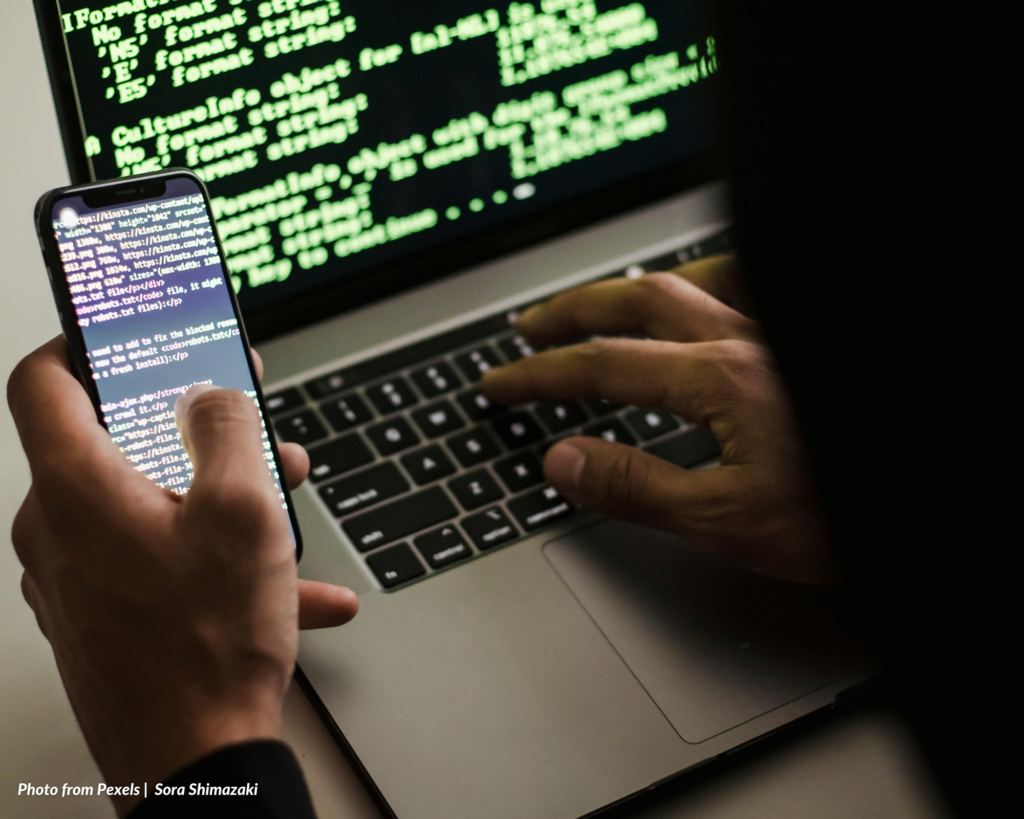
Photo from Pexels | Pavel
The following post does not create a lawyer-client relationship between Alburo Alburo and Associates Law Offices (or any of its lawyers) and the reader. It is still best for you to engage the services of a lawyer or you may directly contact and consult Alburo Alburo and Associates Law Offices to address your specific legal concerns, if there is any.
Also, the matters contained in the following were written in accordance with the law, rules, and jurisprudence prevailing at the time of writing and posting, and do not include any future developments on the subject matter under discussion.
AT A GLANCE:
Libel, as defined by the Revised Penal Code, is a public and malicious imputation of a crime, or of a vice or defect, real or imaginary, or any act, omission, condition, status, or circumstances tending to cause the dishonor, discredit, or contempt of a natural or juridical person, or to blacken the memory of one who is dead.
A libel committed by means of writing, printing, lithography, engraving, radio, phonograph, painting, theatrical exhibition, cinematographic exhibition or any similar means, shall be punished by prison correctional in its minimum and medium periods or a fine ranging from PHP 40,000.00 to PHP 1,200,000.00, or both, in addition to the civil action which may be brought by the offended party.
Under Art. 360 of the Revised Penal Code, the persons liable for libel are:
Any person who shall publish, exhibit, or cause the publication or exhibition of any defamation in writing or by similar means, shall be responsible for the same.
The author or editor of a book or pamphlet, or the editor or business manager of a daily newspaper, magazine or serial publication, shall be responsible for the defamations contained therein to the extent as if he were the author thereof.
In the case of Causing vs. People of the Philippines, G.R. No. 258524, October 11, 2023, the Supreme Court held that the Cybercrime Prevention Act of 2012 did not create a new crime. Instead, it merely enforces Art. 355 in relation to Art. 353 of the RPC on Libel when committed through a computer system or any other similar means which may be devised in the future. Also, it increased the penalty for Libel by one degree higher than that prescribed by the RPC when the crime is committed with the use of Information and Communications Technology (ICT).
Related Articles:
Click here to subscribe to our newsletter
Alburo Alburo and Associates Law Offices specializes in business law and labor law consulting. For inquiries regarding legal services, you may reach us at info@alburolaw.com, or dial us at (02)7745-4391/ 0917-5772207/ 09778050020.
All rights reserved.


